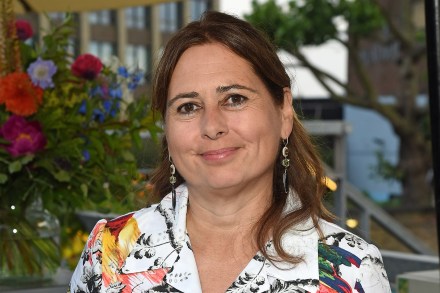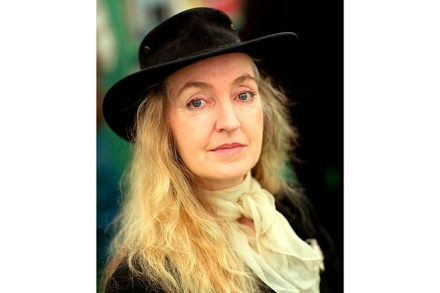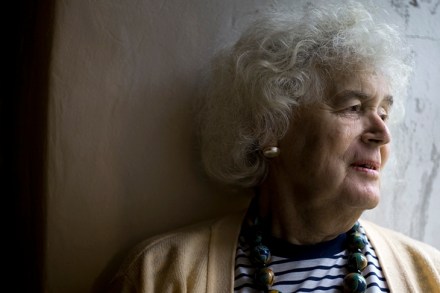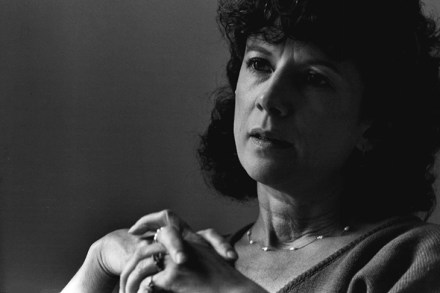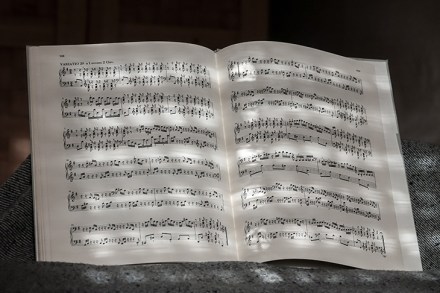Good memoir-writing should also be self-critical
A book about breaking confidences, not to mention friendships, rather begs the same in return. Reading Anne Applebaum’s brief memoir of the world going mad around her sparked a memory of my own. It is a couple of days after the Brexit vote, and several hundred of us have gathered in London for the memorial service of a recently departed friend. The ceremony was hardly over before Applebaum and her husband, the former Polish defence minister Radek Sikorski, started picking political fights with the other guests, including some very old friends. ‘Don’t go near Anne and Radek,’ one mutual friend said to me, signalling to the visibly furious couple: ‘They’re











